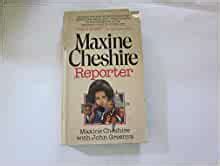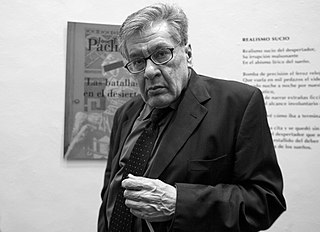A Quote by Alison Weir
In 1965, when I was fourteen, I read my first adult novel; it was a historical novel about Katherine of Aragon, and I could not put it down. When I finished it, I had to find out the true facts behind the story and if people really carried on like that in those days. So I began to read proper history books, and found that they did!
Related Quotes
The point is, that the function of the novel seems to be changing; it has become an outpost of journalism; we read novels for information about areas of life we don't know - Nigeria, South Africa, the American army, a coal-mining village, coteries in Chelsea, etc. We read to find out what is going on. One novel in five hundred or a thousand has the quality a novel should have to make it a novel - the quality of philosophy.
Well, this is a story about books." About books?" About accursed books, about a man who wrote them, about a character who broke out of the pages of anovel so that he could burn it, about a betrayal and a lost friendship. It's a story of love, of hatred, and of the dreams that live in the shadow of the wind." You talk like the jacket blurb of a Victorian novel, Daniel." That's probably because I work in a bookshop and I've seen too many. But this is a true story.
I follow my own nose. So I read things that are different. People will always say to me, "Have you read Robert S. Bosco's latest novel?" or "Have you read so and so's history of Peru, which is reviewed in the New York Review of Books and the New York Times and has a buzz about it?" I don't even know what you're talking about. I'm like from another planet. I'm a pygmy from the jungle.
I read John Irving's novel 'The World According To Garp' when I was about 14 or 15. It was the first grown-up book that I had read. It is the story of a young man who grows up to be a novelist. I finished it, and I wanted to write a book that made the reader feel the way I felt at the end of that, which was sort of both bereft and elated.
In fact, I always assumed that most everything I read was true, to one degree or another. I couldn't articulate this fact until after I read Tim O'Brien's The Things They Carried and he discussed Happening Truth, Story Truth, and Emotional Truth. I always understood that the facts of The Sun Also Rises or On the Road were the facts as dictated by a certain narrative structure, but because the experiences of those characters echoed my own feelings about the world. I knew there was a Happening Truth behind them.
When I was a kid, I'd go to the African-American section in the bookstore, and I'd try and find African-American people I hadn't read before. So in that sense the category was useful to me. But it's not useful to me as I write. I don't sit down to write an African-American zombie story or an African-American story about elevators. I'm writing a story about elevators which happens to talk about race in different ways. Or I'm writing a zombie novel which doesn't have that much to do with being black in America. That novel is really about survival.
When you talk to people about the books that have meant a lot to them, it's usually books they read when they were younger because the books have this wonder in everyday things that isn't bogged down by excessively grown-up concerns or the need to be subtle or coy... when you read these books as an adult, it tends to bring back the sense of newness and discovery that I tend not to get from adult fiction.
It's really the story of a young woman, or two women, growing up in Naples in a poor neighborhood. The way that they get out of it - or don't get out of it - that's part of it. But it's also the story of the mid-20th century in Italy so it's really like a social, historical and personal novel. I think that even though I didn't live in Italy in those years, it did cover that same type of generational upbringing that someone like me might've had in America.
A novel can educate to some extent, but first a novel has to entertain. That's the contract with the reader: you give me ten hours and I'll give you a reason to turn every page. I have a commitment to accessibility. I believe in plot. I want an English professor to understand the symbolism while at the same time I want the people I grew up with - who may not often read anything but the Sears catalog - to read my books.







































